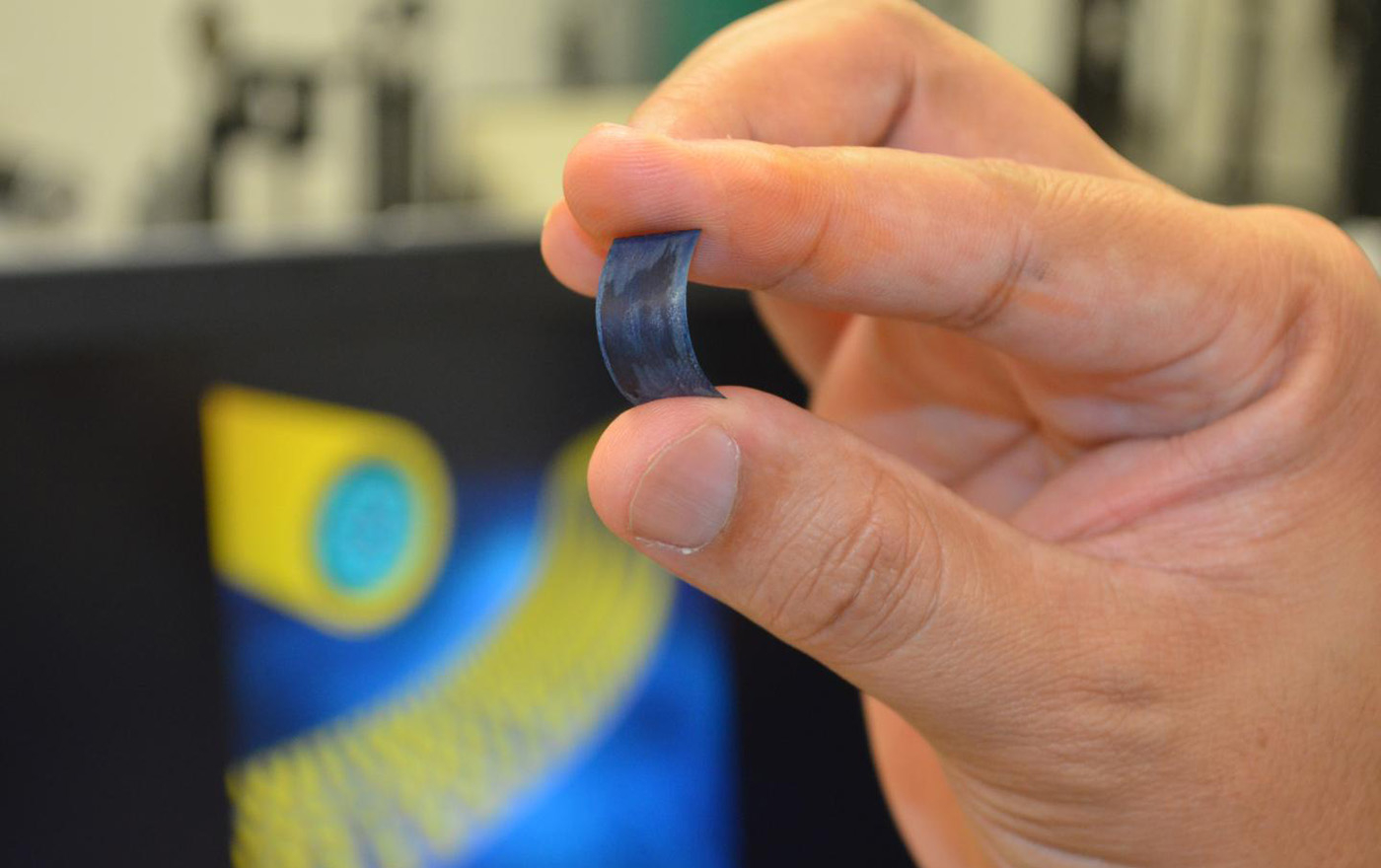Researchers from the University of Central Florida (UCF) developed a new supercapacitor battery prototype that maintains performance after being charged 30,000 times. The prototype provides high ultra-fast charging that lasts up over 20 times longer than a conventional lithium-ion cell.
The battery stores electricity statically on the surface of a material so they charge faster than chemical reactions used in traditional batteries. Dependent on two-dimensional material for storage, a research team at UCLA uses graphene.
Graphene can be difficult to integrate with other materials which is why researchers from UCF wrapped 2D materials (TMDs) around highly conductive 1D nanowires. Electrons pass quickly between the core to the shell. The end result produces a faster charging material with high energy density through a fairly simple process.
Not production ready yet, the research appears to be very promising. “For small electronic devices, our materials are surpassing the conventional ones worldwide in terms of energy density, power density and cyclic stability,” says UCF postdoctoral associate, Nitin Choudhary.
Researchers are trying to patent their new prototype. Without widespread adoption, the proof-of-concept could go nowhere, however there is still value in the research. If commercialized, it could mean quicker charging times and longer lasting battery life for small electronics and grid or home energy storage solutions that drastically reduce our reliance on fossil fuels.
Source: Engadget

